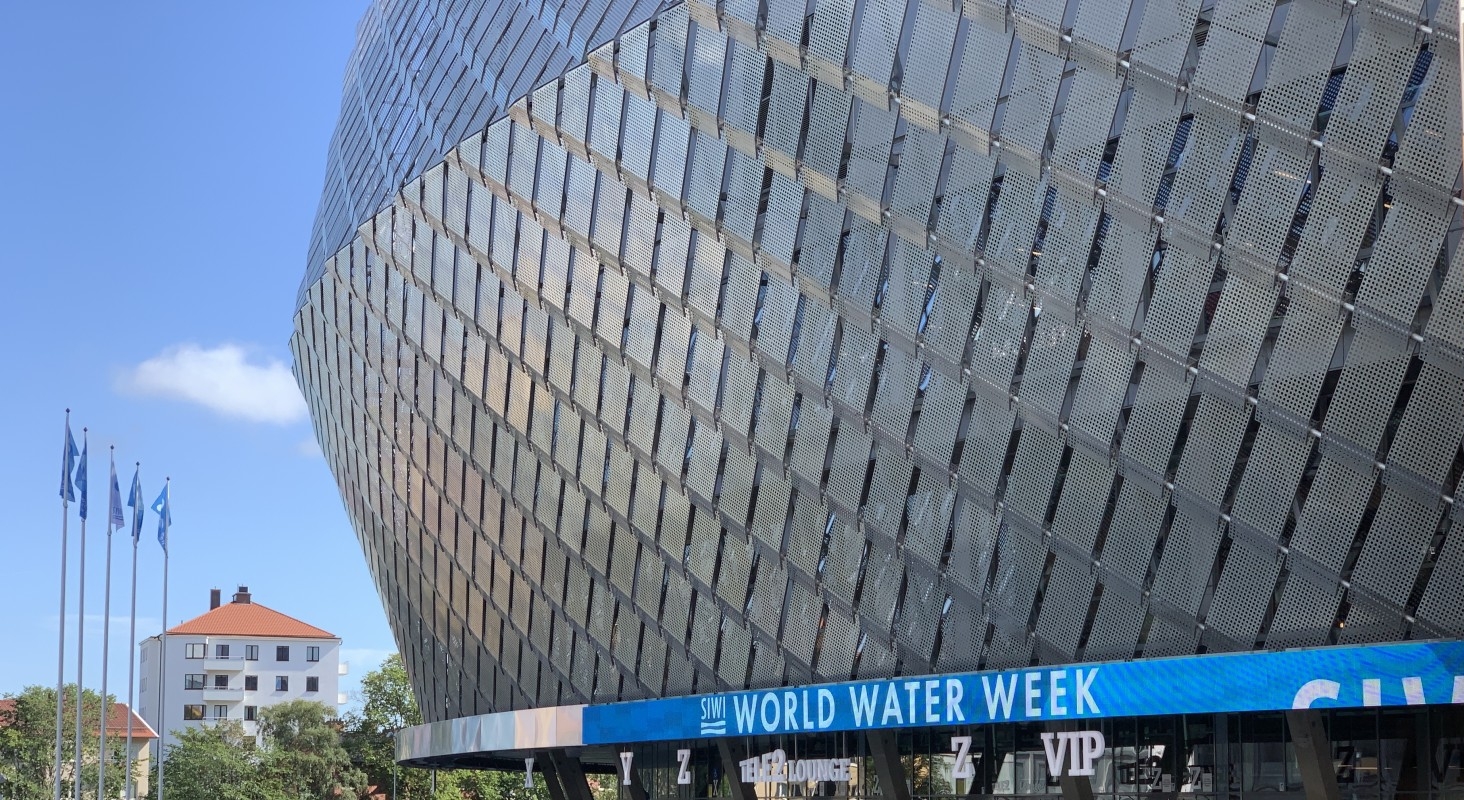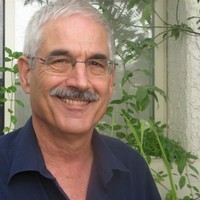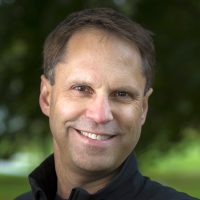
A World Water Week interview with Naty Barak, Chief Sustainability Officer at Mexichem and Netafim.
Speakers
Naty Barak
Naty Barak is the Chief Sustainability Officer at Netafim.
J. Carl Ganter
J. Carl Ganter is co-founder and director of Circle of Blue, the center for frontline reporting, research, and analysis on water resource issues and their relationship to food and energy in a changing climate.
Netafim’s Chief Sustainability Officer Naty Barak discusses the transformation and the innovations of the agriculture sector.
Transcript
J. Carl Ganter: I’m here with Naty Barak who is chief sustainability officer for Mexichem and also with-
Naty Barak: Netafim.
J. Carl Ganter: With Netafim. And so Naty, we’re here at World Water Week. First off, how many World Water Weeks have you attended?
Naty Barak: It’s an excellent question to begin with. This is number 12 for me, and the most exciting one was in 2013 when we were the recipient of the Stockholm Industry Water Award. I was the proudest person on earth.
J. Carl Ganter: Now you’ve been proud because you’ve taken a company that is known for irrigation, but brought irrigation and efficiency really into the global water sector and the global water lexicon. What’s that mean? What’s that not only mean to you, but what’s that mean to agriculture around the world?
Naty Barak: I think it’s changing agriculture. People are not aware sometimes that when you’re talking about water scarcity, 70% of the water which we use is going to agriculture. And in agriculture most of the irrigation is very inefficient, and drip irrigation brings efficiency to agriculture, to irrigation. Sometimes we call it climate smart agriculture. Sometimes we call it sustainable irrigation. Sometimes we call it intensification of agriculture. So drip irrigation is really a beautiful message to farming and to agriculture.
J. Carl Ganter: Now you say a beautiful message, but we’re here at a really profound moment in history. How are we going to feed 7 billion, 8 billion, 9 billion people on the planet? How are we going to transform agriculture? Can we do that fast enough?
Naty Barak: It’s not a question, can we do it? We must do it. And drip irrigation is just one tool in what we call precision agriculture. We have to jump to the next generation of agriculture, and drip irrigation is part of it. But we have to combine digital farming. We have to combine data from the clouds, we have to combine sensors, we have to combine drones, satellites, and so on. We have to bring agriculture to the next generation.
J. Carl Ganter: So in a way you were describing the fourth industrial revolution of agriculture. What are some of the big impediments to that?
Naty Barak: I think that first one is perhaps awareness. Increasing awareness to new innovations such as drip irrigation. I can give you just one example. If you change, let’s say all the corn which is being grown in the United States. If you change it to drip irrigation, the extra yield I think, and I’ll have to check it, will be enough to feed the world. The corn consumption of the world can be achieved if you change corn to drip irrigation.
Going back to our wellness, our main mission, being the pioneers of drip irrigation, our main mission at the beginning was educating farmers, sharing our knowledge with them, so that they realize the advantages of drip irrigation. We spoke 30-40 years ago about water saving. People didn’t listen to us. At that time, water was not an issue. We went to farmers and they said, “I get as much water as they want, whenever they want it, where ever they want it,” and it’s basically free. “So, I don’t need to save water.” This is not the case anymore. So there is a growing awareness but not enough.
J. Carl Ganter: I was going to come back to exactly that, the value of water. So we’ve seen from the UN and the world bank and the world economic forum, the high level panel on water, the initiative around how do we value water. You are seeing some of that changing some of the value of water and sense the intrinsic value being recognized by farmers.
Naty Barak: Certainly, yes. There is a question here. You see on one side water is a basic human right. Everyone should have access to as much water as he needs for his livelihood. And from the other side it is a scarce commodity. So you cannot treat it as if you have as much as you want. You cannot waste water. I can always give the example of Israel. I think that Israel took a comprehensive approach to the management of water. And it includes legal aspects. Education starting at kindergarten age, economics of water. You pay for water, you cannot… Every drop of water in Israel is measured and paid for. But still for your household, you get the basic amount of water that you need for your livelihood, for the lowest amount of money. And then if you want a swimming pool or to irrigate your lawn, of course you’ll pay higher amount. So I think this is an example that should be adopted, and it will be adopted out of necessity.
J. Carl Ganter: So another question. If you were giving your acceptance speech this year, the first time was 2013, what would you implore people to focus on tomorrow or over the next year? What do we absolutely have to get done in the coming year?
Naty Barak: I think that as far as water goes globally, we cannot continue with business as usual. We have to sound an alarm and we have to adopt, and for me personally, I would say, think. Thinking means innovation and innovation brings new technologies, new ideas. And this is what we did with drip irrigation. And I would like to see it more. I would like to see rice all over the world irrigated by drip irrigation. I know it’s a dream and it will not happen in my lifetime. But just imagine, we’ve been talking about water and water scarcity. Let’s talk a little bit about greenhouse gas emissions. Every hectare of rice that you shift from flood irrigation to drip irrigation, it’s like moving two and a half vehicles off the road as far as emissions are concerned. So I would say let’s lead the drip revolution to save the planet.
J. Carl Ganter: And one more question. So saving the planet, it seems like climate is getting attention now. Water is still taken for granted in many of these conversations. What does it take to bring water to the forefront, more than just awareness, but what does it take really to bring water to the forefront of some of these really big global conversations? And more than conversations, actually to real response and action?
Naty Barak: I think again, it should come from everyone. People should join forces. So we are the private sector, and we are doing it for business. We are a for-profit organization. We are very fortunate. I always say we are doing well by doing good. So we are really bringing good solutions to the planet. But governments, private sector, civil society, our customers, farmers, people, we should all join forces realizing that business as usual will bring us to a disaster.
J. Carl Ganter: Well, we’ll be watching all of that and following your work and your leadership at Netafim and Mexichem in the year to come. We’ll come back next year and see how we’re doing. Thank you, Naty Barak.
Naty Barak: Thank you, Carl. It’s a pleasure.





